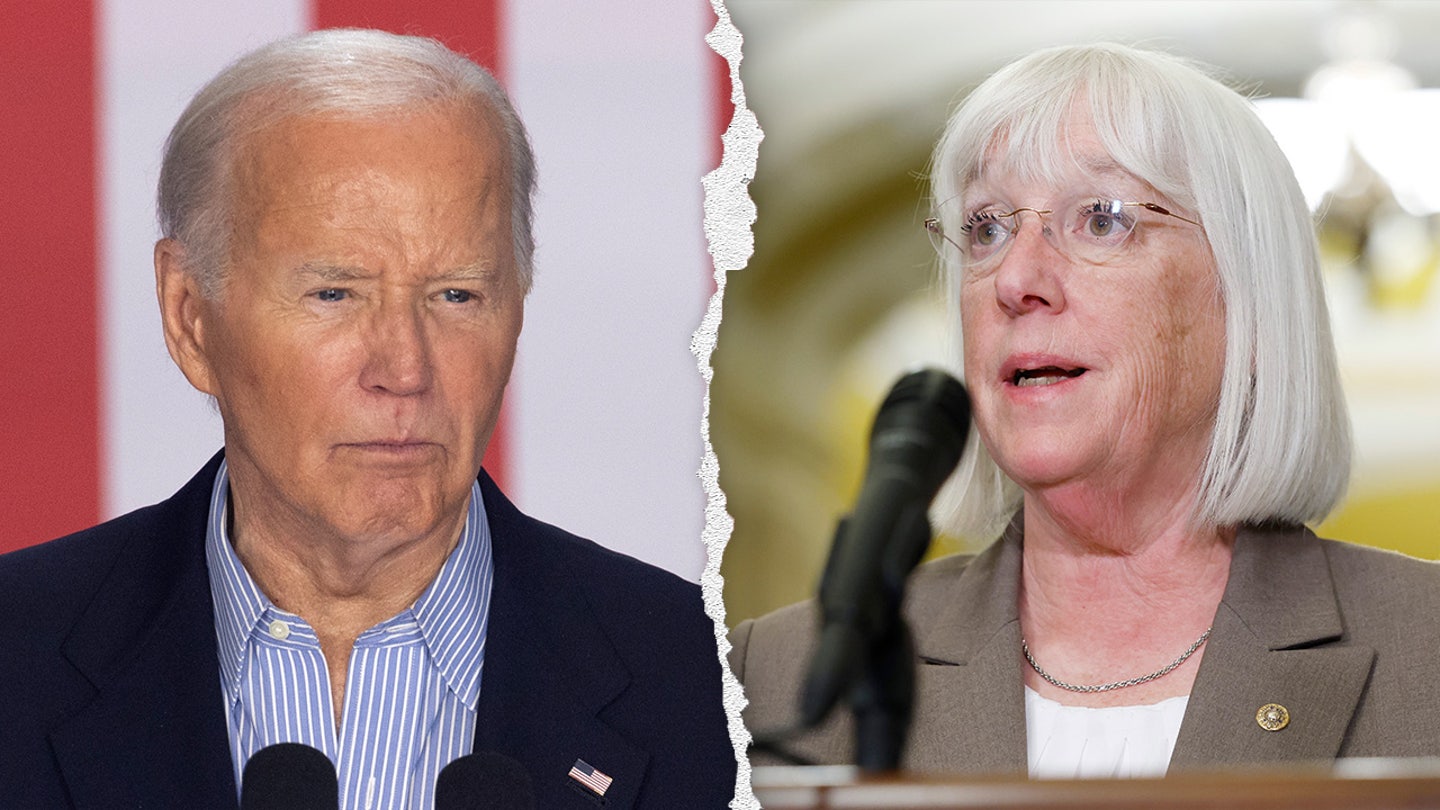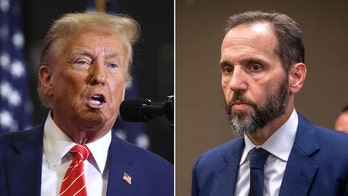Former President Trump's attorneys are using recent Supreme Court decisions to bolster their motion to dismiss all charges against him in the Jan. 6 Capitol riot investigation, highlighting the immunity of presidents from official acts and the narrow interpretation of obstruction crimes.
Washington, D.C. - Former President Donald Trump's attorneys have filed a memo in support of their motion to dismiss all charges brought against him by Special Counsel Jack Smith, citing two recent Supreme Court decisions that they believe bolster their argument.
The Trump legal team is leveraging the rulings in United States v. Trump, which established presidential immunity for official acts, and United States v. Fischer, which narrowed the scope of obstruction crimes, to challenge the legal basis of Smith's indictment.

Trump Attorneys Cite Supreme Court Rulings to Dismiss Jan. 6 Charges
In their memo, Trump's attorneys argue that the charges against him stem from actions he took as president and are therefore immune from prosecution. They also maintain that the Supreme Court's decision in Fischer precludes the application of the obstruction statute to otherwise lawful activities.
Trump's attorneys specifically highlight the Supreme Court's holding that the obstruction statute requires proof of evidence impairment coupled with corrupt intent, arguing that the indictment against Trump lacks sufficient factual allegations to establish either element.

Trump Attorneys Cite Supreme Court Rulings to Dismiss Jan. 6 Charges
They emphasize that Trump's concerns about the integrity of the 2020 election were expressed openly and publicly and were consistent with his authority as Chief Executive. They also point to the congressional record from January 6th, which reflects lawful debates on certificate objections and acknowledgment of the historical precedent for contingent slates of electors.
Furthermore, Trump's attorneys argue that the indictment does not allege that Trump impaired, or intended to impair, the integrity or availability of any document or other object used in an official proceeding. They contend that the Fischer decision forecloses the prosecution's efforts to rely on events at the Capitol on January 6th to support charges.
The Trump legal team also notes that Smith was required to file an amended indictment after the Supreme Court's ruling in United States v. Trump, which provided broad immunity to former presidents. They argue that the new indictment still lacks the necessary specificity to support the charges against Trump.
Meanwhile, Judge Amit Mehta has set deadlines for replies and paperwork from federal prosecutors and Trump's legal team for November 7th, after the 2024 presidential election. This decision was made to avoid the potential political impact of a trial during an election year.
The legal battle over the charges against Trump is ongoing, with both sides using recent Supreme Court rulings to support their positions. The outcome of this case will have significant implications for the prosecution of former presidents and the interpretation of obstruction crimes.










